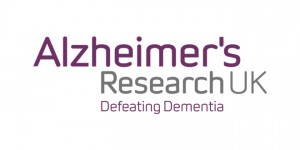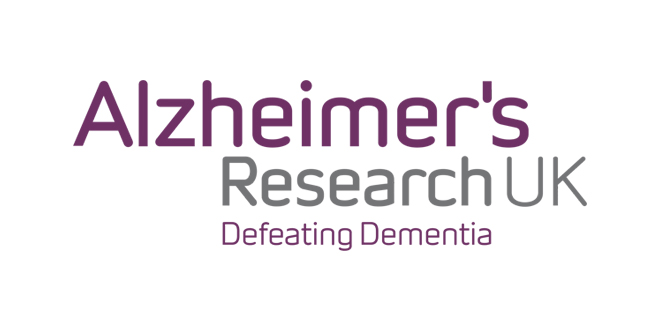DNA Damage Implicated In Alzheimer’s Disease
 Nature Communications: DNA repair factor BRCA1 depletion occurs in Alzheimer brains and impairs cognitive function in mice
Nature Communications: DNA repair factor BRCA1 depletion occurs in Alzheimer brains and impairs cognitive function in mice
Researchers in the United States have found that DNA damage repair may be reduced in Alzheimer’s disease. The research was published in the journal Nature Communications on 30 November 2015.
The research team were interested in a protein called BRCA1. Every day our DNA code is bombarded with damage and cells must act quickly and accurately to repair it before errors creep into the code. When this damage can’t be repaired properly, our DNA code becomes mutated and cells become damaged or die. BRCA1 serves an important role in DNA damage repair and problems with its function can lead to disease. For instance, women who have inherited a faulty version of BRCA1 have an increased risk of breast and ovarian cancer.
In this new research, scientists explored the levels of BRCA1 in brain tissue kindly donated by people who had lived with Alzheimer’s disease. They found that there were lower levels of BRCA1 in people with Alzheimer’s disease than in healthy people of a similar age. The team then went on to look at the function of BRCA1 in mouse nerve cells. They found that when BRCA1 was missing, there was much more DNA damage and nerve cells were damaged. They also found that memory and thinking skills were worse in mice who were missing BRCA1. When they investigated why BRCA1 might be reduced in Alzheimer’s disease, they found that amyloid – the toxic protein that builds up in Alzheimer’s – can reduce BRCA1 levels in mouse nerve cells.
Dr Simon Ridley, Director of Research at Alzheimer’s Research UK, said:
“Our DNA code is damaged thousands of times a day, but our cells have sophisticated mechanisms to repair this damage quickly and accurately. When this process goes awry, as happens in cancer and other diseases, cells become damaged. This new research suggests that a DNA repair process, carried out by a protein called BRCA1, is reduced in the brains of people with Alzheimer’s disease. The team went on to show increased DNA damage leads to memory and thinking difficulties in mice, but it is too soon to conclude that boosting DNA damage repair could help protect nerve cells and improve symptoms. People may be more familiar with the protein BRCA1 from its link to breast cancer. Women with a faulty version of BRCA1 have an increased risk of breast and ovarian cancer but this research does not suggest that people with a mutation in the BRCA1 gene have an increased risk of Alzheimer’s disease. Alzheimer’s is an incredibly complex disease and it’s important that we invest in research to understand the key biological events, as this may reveal new approaches for future treatments.”






